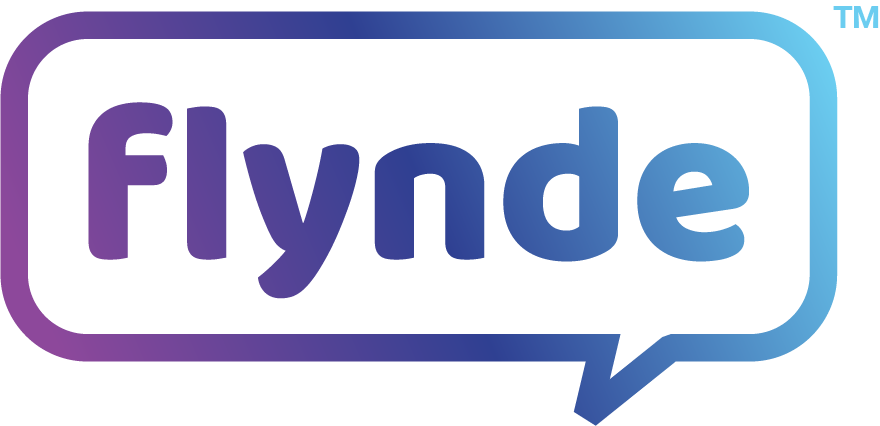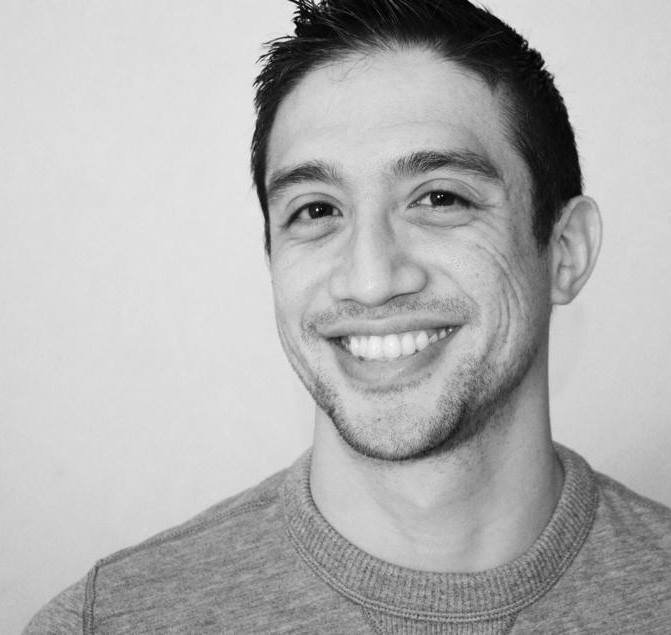Bridging the Justice Gap with a Robust Translation Ecosystem
Access to justice should never depend on the language you speak — or how much you can afford to pay. That’s why the rollout of an AI-powered translation service at Singapore’s Small Claims Tribunals marks a decisive step forward. Through a partnership with American legal tech start-up Harvey, parties in small claims disputes can now opt to have documents translated into Chinese, Malay, or Tamil.
At first glance, it’s a tech success story — and for many, it truly is. For small merchants, retirees, and everyday consumers who might otherwise be overwhelmed by English documentation, this service offers a vital lifeline. It’s a much-needed recognition that, in a multilingual society like Singapore, genuine access to justice must begin by making the system accessible to all.
Localization in the legal realm: Beyond just translation
But translation is just one part of the puzzle. Throughout the process, court interpreters and human translators remain necessary to assist parties in presenting their cases, particularly when critical decisions hinge on the fine print. In a recent article in The Straits Times on April 17, Chief Justice Sundaresh Menon noted that small claims cases often present "the widest justice gap," as practical obstacles — such as language and cost — prevent people from asserting their rights even in legally straightforward matters.
Professional translation and interpretation services can feel out of reach for individuals and small businesses already under financial strain.
For individuals and small businesses already under financial strain, professional translation and interpretation services can feel out of reach. Yet the ability to be properly heard should never be reserved only for those who can afford it. Filing fees at the Small Claims Tribunals have remained low — just SG$10 for claims up to SG$5,000 — but hidden barriers like language can still make justice inaccessible unless the right support systems are in place.
That’s why it’s essential to strike a balance: utilizing AI for faster, more affordable translations at the early stages, such as understanding basic claims, while ensuring that crucial documents and evidence are reviewed by human experts by engaging professional companies like Flynde, when necessary. We've often been called upon to provide this human layer of vetting, helping judges, lawyers, and clients alike ensure accuracy and fairness at the moments that matter most.
Where AI helps — and where human expertise must step in
AI translation tools can help bridge the initial language gap, giving people a more precise starting point in their cases. However, when it comes to final filings, courtroom proceedings, and any legally binding matters, human vetting remains essential. Chief Justice Menon emphasized that “innovative solutions that harness the power of new technologies” must be deployed thoughtfully, recognizing that technology alone cannot replace the nuanced understanding required in the legal arena. Judges and lawyers often require human-reviewed translations to safeguard due process, as even minor errors in law can have life-changing consequences.
Human vetting is still essential to capture nuances and avoid errors in legal document translations.
Helping the most vulnerable be properly heard
The partnership between the Small Claims Tribunals and the Consumers Association of Singapore (CASE) reveals an important truth: vulnerable consumers cannot be left to navigate complex systems alone. As CASE President Melvin Yong pointed out, “Some consumers, such as the elderly, find it difficult to navigate these online systems," even as courts increasingly digitalize.
With caseloads growing — from 9,113 cases in 2022 to 11,771 cases in 2024 — it is clear that demand for accessible, human-centered support in Singapore will continue to rise. The elderly, small business owners, and low-income individuals need more than just machine translation — they need real support. Having trained interpreters and professional translators isn't just a courtesy; it’s critical to ensure that everyone, regardless of background or income, has a fair chance at justice.
As Singapore leads the way in integrating technology to enhance access to justice, this model can serve as a case study for global justice systems to examine. Around the world, courts in multilingual societies, where language barriers often prevent people from accessing their rights, can adopt a similar approach. The future isn’t AI replacing humans. It’s AI and humans working together to make justice more accessible, more equitable, and more compassionate. And translation providers who understand this balance will be the ones who genuinely make a difference to where it matters most.
About the Author
Colin Drysdale is the Chief Strategy Officer with Flynde, a global company providing translation solutions to businesses of all sizes.
Discover the best-in-class translation solutions for your business. Trusted & certified for all languages with locations in Singapore, Switzerland & the USA. Flynde takes human translation strategies and uses advanced technologies to deliver them to our customers across our three business lines: Flynde for startups, Flynde for small businesses, and Flynde for corporations.
For more information, contact us at hello@flynde.com



